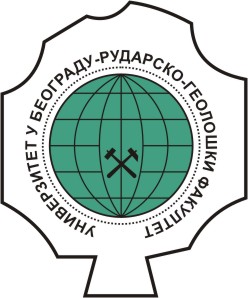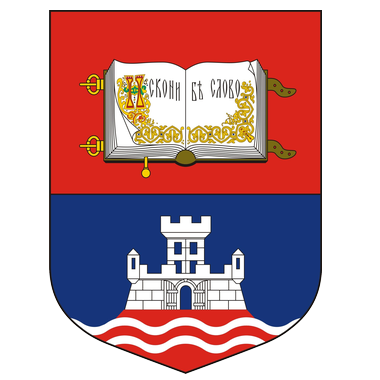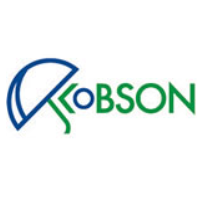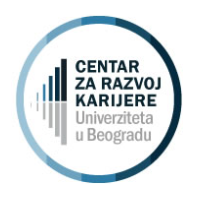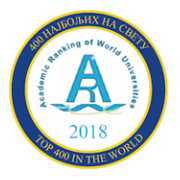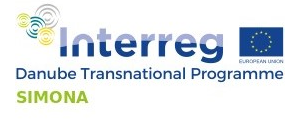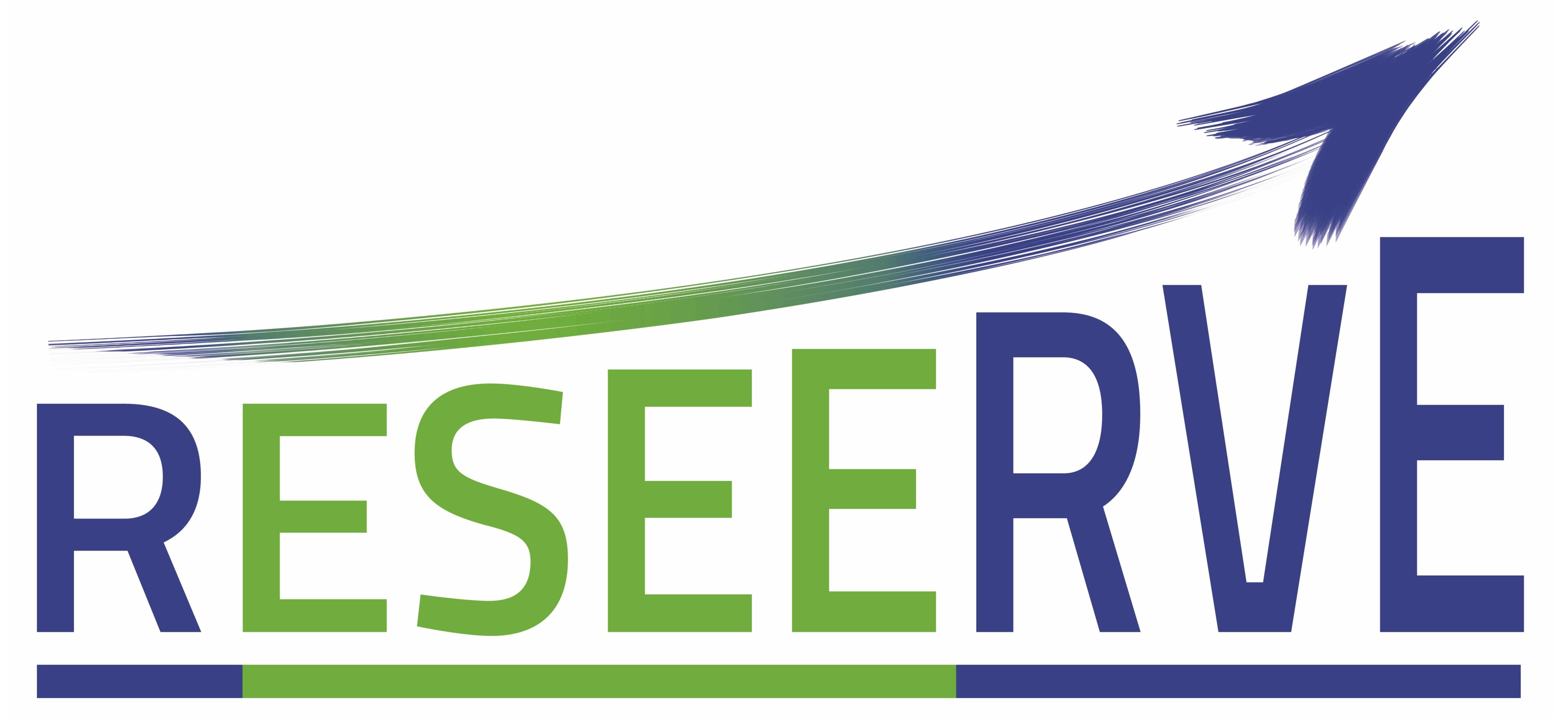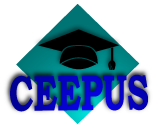Content:
Theory teaching
Within this course, it will be learned about the classification of different types of waste according to its origin, type and physical-chemical, biological and mechanical characteristics. The basic principles, devices and procedures for recycling and disposal of certain types of waste will be learned. Procedures for the fractional allocation of certain useful waste components. Using Separate Products. Reduction of waste in certain stages of production and processing of mineral raw materials. The possibilities of waste reduction in certain phases of production, processing and use of mineral resources will be considered. Minimizing and worthless technology. Neutralization of waste. Thermal treatment of waste. Selection of waste disposal site according to the geological characteristics of the site. Then, within this course, you will gain basic knowledge about the principles of handling, management and disposal of solid waste. Through the strategy, listeners will be acquainted with the history of waste management, hierarchy, the evolution of options, decision-making. A large number of processes for the treatment of solid waste will be studied, including mechanical, thermal and physical chemical, as well as biological treatment. The analyzed technological processes will be applicable to various types of waste materials, including municipal solid waste, hazardous waste, industrial waste that is not harmful, waste from the extraction and processing of ore and agricultural waste. Practical teaching
Introductory lecture The origin, sources and types of solid waste (including waste of exploitation, preparation, processing and use of mineral resources, metallurgy waste, non-hazardous industrial waste, municipal solid waste, hazardous waste, and agricultural waste). Treatment and disposal of waste mining, processing of raw materials, extractive metallurgy waste, hydrometallurgy, smelting, electrolysis, industrial waste, in general, and their undoubted influence on the economy of one country. Treatment and disposal of waste - legal acts, regulations and certain regulations. Evaluation of masses of previously stored-deposited technogenic raw materials, calculation of new quantities and prediction of composition and amount of solid waste in the future. Factors that influence the generation of waste. Procedures for sampling of industrial waste, waste of construction, wastewater, sludges, drilling muds and other secondary mineral raw materials. Solid waste treatment, reuse and recycling of solid waste, physical, chemical and biological processes, methods for obtaining energy from solid waste, burning with the use of heat. Legislation related to waste management. Examples of state legislation and regulations, control principles, control policies. Waste Exploitation of Mineral Raw Materials. Waste separation, concentration, processing of metallic mineral raw materials. Waste Exploitation of Non-Metallic Mineral Raw Materials, Exploitation of Building Stone - Quarry. Industrial waste. Categories of industrial, industrial and hazardous waste. Recycling and regeneration of waste. Disposal, deposit, storage. Basic principles of solid waste management. Study of a number of solid waste treatment processes - mechanical, thermal and physicochemical, as well as biological treatments. Analysis of technological processes. Basic principles of solid waste management. Study of a number of solid waste treatment processes - mechanical, thermal and physicochemical, as well as biological treatments. Analysis of technological processes on various types of waste materials, including waste of exploitation, preparation, processing and use of mineral resources, non-hazardous industrial waste, municipal solid waste, hazardous waste, and agricultural waste. |
